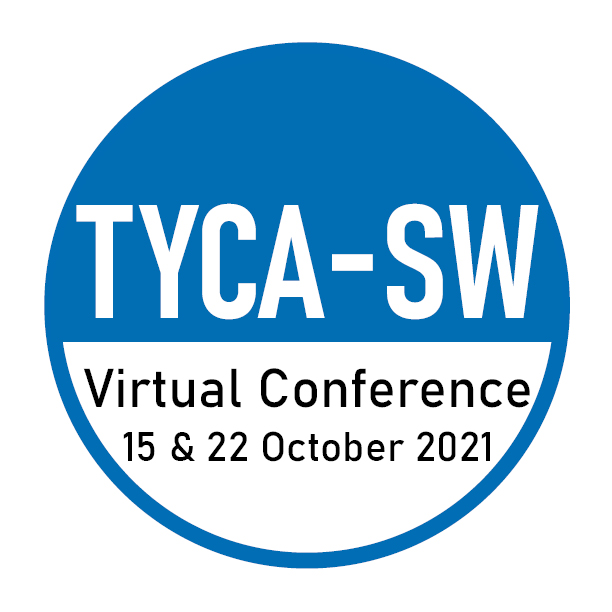Conference Theme: Possibilities and Potentials: When the Breaks in Our Normal Lead Us to Question, Innovate, and Change for the Better
Dates: 18 and 19 October 2024
Format: Virtual (Zoom), including three presentation options
Deadline for Proposal Submission: 19 April 2024
Conference Submission Portal: Complete the TYCA-SW 2024 Virtual Conference Proposal Submission through Google Forms.
Background:
Graduate school never offered a class about teaching through a pandemic. Or teaching through a massive shift to online learning. Or teaching through politically motivated censorship and content bans that make “diversity,” “equity,” and “inclusion” into negative things. Or teaching through increased awareness of A.I. generated writing. We’ve had so many tensions, traumas, and trials in the last three years—and if we’re still in the classroom, what has kept us there?
In a 1990 interview, Paulo Freire (Pedagogy of the Oppressed [1968], Pedagogy of Hope [1992]) spoke about how important conflicts and breaks in tradition are for knowledge making and creativity, calling these moments ruptura—and declaring “there is no human existence without ruptura” (We Make the Road by Walking, p. 38). While he was talking about students and their learning, we might think about how we have used ruptura—we’ve had no shortage of them—to explore, to innovate, and to try something new in our teaching. Freire told us more than 30 years ago that tensions (the “ruptures” in our normal) could be good, so this conference asks members to consider his decades’ old assertion that we need these moments to make things better.
The 2024 TYCA-SW Annual Conference invites members to explore how we’ve used our ruptura moments to find the possibilities in our classrooms, to rethink approaches to teaching and learning, and to change what we do, even in the smallest of ways. What important conversations have we had spurred forward by three years of constant change? What changes have we made in the classroom that we’re happy to have made, even if it came from a site of stress? What questions do we want to explore as we continue forward?
The Call for Proposals:
The conference co-chairs invite members to propose one of three session types, all considered as “presentations.”
Option 1: Ruptura-Inspired Assignment Presentation
For this session type, presenters will share an assignment they created because of recent shifts in higher education (i.e., online learning, legal teaching restrictions, changing student demographics, and/or generative A.I. conversations). Presenters can expect to share the session time with one other assignment presentation.
Successful proposals will explain what inspired the assignment development, what readings and/or conversations with others inspired the assignment, and how the assignment was integrated into the course to improve student learning situations. Those interested in this session should review the Teaching English in the Two-Year College’s Guidelines for Writing Instructional Notes.
Option 2: Ruptura-Inspired Learning Discussion
For this session type, presenters will share learning they’ve done related to a ruptura topic. Presenters can focus on one or more texts that they have learned from and found helpful, and they can expect to have a full session time for the discussion. Conference organizers may put together presenters who have overlapping learning.
Successful proposals will explain the ruptura topic, how the text(s) shared was beneficial, and a plan for how to guide a discussion about their learning.
Option 3: Ruptura Concern Guided Conversation
For this session type, presenters will guide a conversation session based on a ruptura topic relevant to teaching writing and reading in the two-year college. This session does not require presenters to be experts in the topic but invites presenters to facilitate a conversation with others to address concerns/issues. Presenters can expect to have a full session time for the conversation, but conference organizers will put together presenters who have overlapping interests so they can facilitate the guided conversation.
Successful proposals will explain the ruptura topic’s connections to our teaching situations, a plan for how to guide the conversation, and a list of 3-4 sources someone interested in this topic might benefit from reviewing.
